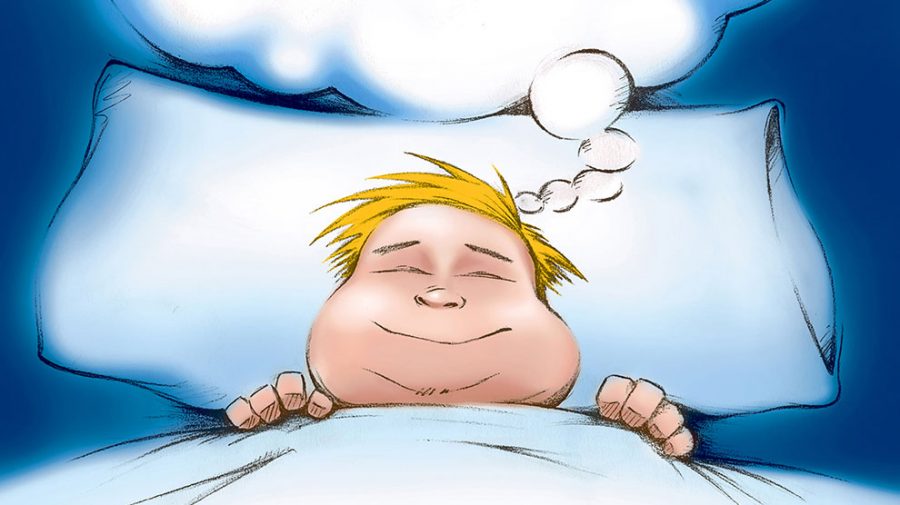With so many different things to do at once, the last thing on a busy college student’s mind is sleep.
Between classes, work and remembering to eat, sleep gets put on the back burner of everyone’s to-do list.
Lack of sleep can have long and short term affects on students in several different ways.
Angela Jill Cooley, a history department instructor, says that she was once a student and knows how difficult it is to manage sleep around a busy schedule.
“Sleep is a difficult issue when you are working and in school,” Cooley said. “I try to respect that with my students because I have been through it myself.”
Cooley also says the fact that she has been through it makes her want to push students harder.
“The fact that I’ve been there and done that tends to make me more strict on students,” Cooley said. “I also realize that people in my classroom aren’t going to be historians, but they are going to be professionals in some field. College is about life lessons, and being able to manage things while in college is one of the most important life lessons you will ever learn.”
Most students say that they do not think lack of sleep has any real short-term affects, but can have long term affects if sleepless nights become a habit.
“I get about four or five hours of sleep a night and it helps me get through the day most of the time,” Mark Fleming, a senior majoring in exercise science, said. “During finals week, I don’t sleep at all and I don’t think it really affects my grades. I think it can have effects long-term though.”
Christopher Wise is the facility director of Champion Sports Medicine, and he says that short-term lack of sleep can affect the way you exercise.
“Lethargy can play a role in how intensely someone is able to perform an exercise session,” Wise said. “Motivation to exercise might also be compromised due to lack of “energy.” Another short-term effect of sleep deprivation is impaired coordination and decreased reaction time. While exercising in a controlled and stable environment, impaired coordination and reaction time will likely not be too noticeable, but in activities that require these components (such as lifting free weights, running/walking outside), changes in performance may be noticeable.”
Although everyone is different, research has shown that 6-7 hours of sleep per night is sufficient to offset most of these negative effects that come from lack of sleep.









